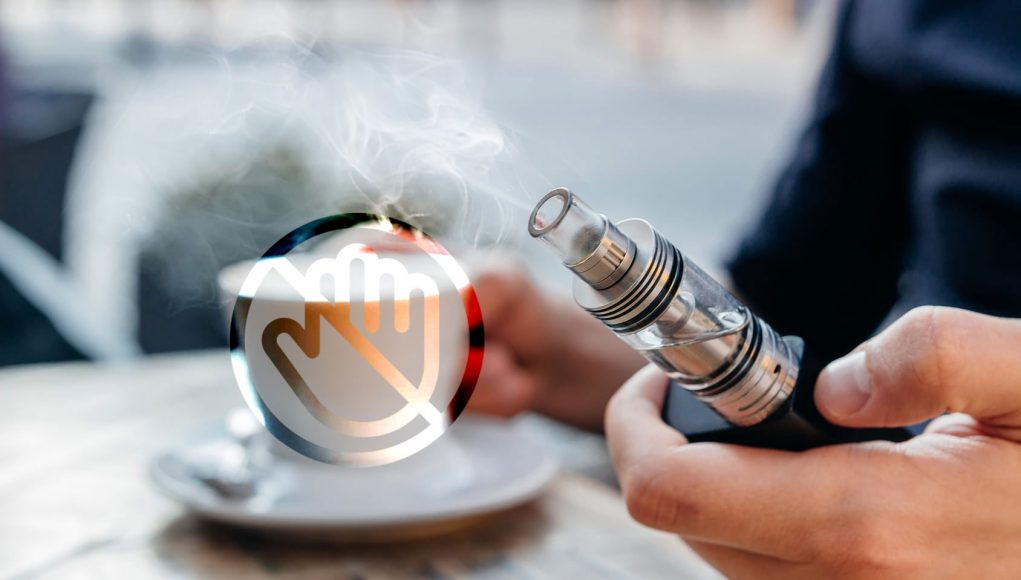The measure bans the manufacture, storage, distribution, circulation, commercialization, import, export, use, consumption, advertising, promotion, and sponsorship of Electronic Nicotine Delivery Systems (ENDS). The World Vapers Alliance (WVA) said that the ban also includes Similar Electronic Non-Nicotine Systems (ENNS), consumables, tanks or cartridges, refill consumable containers and other accessories, Conventional Tobacco Products (Conventional and Herbal PTC) and analogous products.
Two months ago Venezuelan President Nicolas Maduro asked his government’s medical and scientific team to consider the ban, explaining that (surprise surprise) this was prompted by “alerts” from the World Health Organization (WHO)”.
Alberto Gomez, WVA Community Manager for Spain and Latin America, explained that sadly the ban is a major slap in the face to the thousands of Venezuelans who had already managed to quit smoking and improve their health by switching to vaping. “Now they will have difficulty accessing the products, and it will be more difficult for more smokers to switch to less harmful alternatives.”
Countless studies and tobacco harm reduction experts have incessantly underlined that prohibition always fails and brings with it a series of unintended consequences. These include a return to smoking by many, an expansion of the illicit market and a drop in smoking cessation rates. Ultimately this means that public health will take a hit, and as a consequence the burden on the health system will increase exponentially.
Moreover, unlike regulated markets, black markets have no control over the sales of anything to minors. Neither do they set in place products’ standards and quality controls. Hence by limiting the availability of any product to the black market, authorities are only increasing their availability to minors and increasing their risk potential.
Harsh vape bans increase smoking rates
Along these lines, a 2021 paper by four scholars who are highly regarded in the field of tobacco control, called for balanced vape regulations which can curb teen vaping rates whilst allowing adult smokers access to the products in order to help them quit.
In a paper in peer-reviewed health policy journal, Health Affairs, researchers from the University of Michigan, and Georgetown University, acknowledged that many Americans remain confused about the relative harms and benefits of nicotine use. More importantly they added, messages aimed for the public tend to be more focused on curbing teen use than on using the products as smoking cessation and tobacco harm reduction tools.
The scholars had highlighted the importance of setting in place policies that simultaneously address the issue of accessibility to teens and increasing adult smoking cessation. Sadly, they added, in the US vape regulations have focused on reducing teen vaping rates by setting in place policies that would also curb use by adults.
Such measures are of course backfiring. The scholars gave the example of vape taxes, which when not matched by cigarette taxes are just driving teens to smoke instead of vape. Similarly, these taxes are reducing the likelihood of adults switching from cigarettes to the safer alternatives, therefore increasing their smoking, and reducing smoking cessation.
Most Americans would support a total tobacco ban
In other news, a recent survey by the Centers for Disease Control and Prevention (CDC) revealed that the majority of Americans would be in favour of a total tobacco ban which would include cigarettes.
Titled, “Support for Policies to Prohibit the Sale of Menthol Cigarettes and All Tobacco Products Among Adults, 2021,” the research brief was published in the peer-reviewed journal Preventing Chronic Disease and asked people whether they would support bans on menthol cigarettes and the sale of all tobacco products.
The compiled results indicated that 62.3% of the survey’s 6,455 participants, would support a ban on menthol cigarettes, while 57.3% would be in favour of a ban on the sale of all tobacco products. The research team specified that generally, more women aged 18 to 29 years old were in favour of of both bans, at 65% vs 59.5% men for the menthol ban and 62.2% vs 52.2% for the total tobacco ban.








